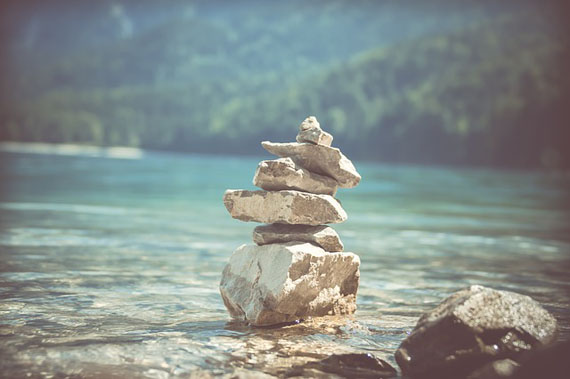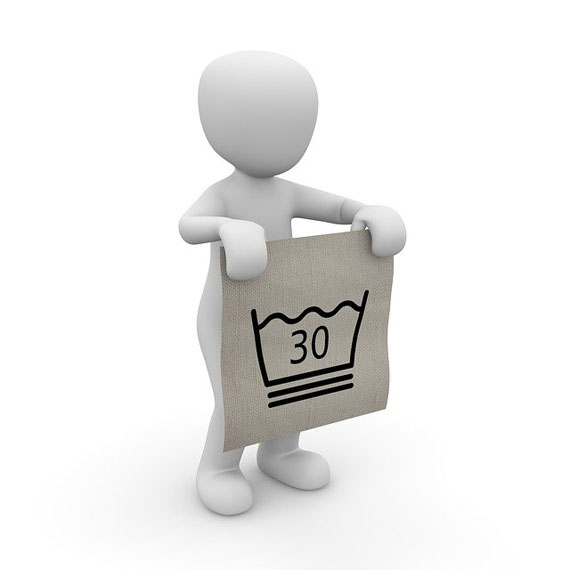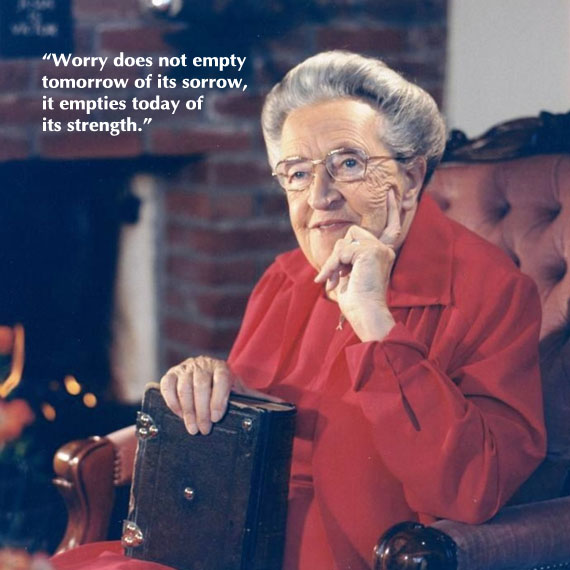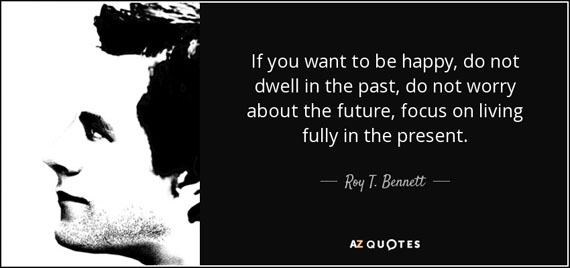Strengthening your life with mindful awareness
How then can living in the present moment with mindfulness possibly help strengthen your heart to benefit you in navigating all the ups and downs life throws up?
How does mindfulness play a part in the Strengthening Your Inner House series that we have been exploring and that this blog is a part of?
What is mindfulness?
If you are new to the concept of mindfulness, then the best way to understand it is to just have a go.
If you are an old hat to the practice of mindfulness then why not take a quick break to do some formal meditation and then get some useful reminders on mindfulness in daily life.
Either way, putting the practice of mindfulness into - well - practice is the best way to understand it.
Here is a blog from a series on the theme of different postures to be mindful of Mindfulness of the four postures; standing, walking, sitting and lying down.

Have a go at the meditations there and see how you get on; let me know how you found them if you like.
Always be a beginner
This is something I have to admit I've struggled with, while it sounds great, after 20 years or so of practice and being around some highly respected teachers, I have at times I've thought, "Well I know what I'm doing!"
There is, of course, nothing wrong with having some confidence in the practice of mindfulness; knowing you can sit and look inward or how to give yourself space to settle in is useful.
These are good qualities.
The problem can come when you start to think you are some kind of expert, and from there you close off your attitude of openness. Mindfulness doesn't just benefit from an attitude of openness it is a fundamental quality required.
A closed I-know-it-all attitude conditions a closed mind.
An open inquisitive (not gullible though) attitude conditions an open receptive mind.
It is simple. So, if you think yourself a "real" mindfulness expert, then be careful as you may be heading for a fall. If you truly were that well established with your practice you'd simply see everything as uncertain, arising and passing, that's all; you wouldn't be putting a definite on yourself, such as "I am an expert."
You'd be alert to see the "expert" as a label, but nothing else and that is ok; a bit like a washing label on your shirt, how much fuss do you make about that? Do you go around showing people your shirt washing label, "Hey check out my label, yea wash at 30 C, amazing I know!"

Why then make such a fuss over being a mindfulness expert? Think of it as a label and instruction to others just like a washing label is in your shirt, don't make more of it than this.
Remain open and curious about the present moment that is enough.
Well, warning done and thankfully, although I didn't always think so at the time, I've made a few pretty silly mistakes over the years with mindfulness - oh OK a whole long list - and that is definitely one for another blog series, but I've managed to keep an open mind and been willing to live and learn.
The other good quality I've been blessed with is to keep coming back to the cushion to sit and meditate, it is partly enjoyment; partly to overcome difficulties; partly because I still to this day find it all very curious; and partly because I still haven't found anything better to do!
Whatever reasons it is that you've come to practice meditation, keeping an open inquisitive attitude is a good place to start, whatever your experience level.
A good taster
If you do happen to be new to mindfulness then I hope the meditations you have tried have given you a taste of what it is about.
Essentially, mindfulness is being aware of the body, the feelings associated with the body, the mental states that arise and thus the intentions and impulses that flow along with all this.
Thankfully mindfulness is simpler than it sounds.
By placing one's attention on the body as it is now one naturally brings the mind into the present moment. It is nothing too exciting either, just being aware of the breath sometimes or of the posture of the body, or of the various movements we make each day; that can be enough.
The tricky bit is not so much the wandering mind, but rather our attitudes towards the mind wandering.
Oh, even after twenty years it doesn't take a lot for my mind to go off on some thought about this and that!
What I've learned though is how to gently bring awareness back to the now, while still allowing the flow of thoughts; it is a balancing act!
Chewing on the past
Chewing on the past can be a favourite of the mind, and often below the chewing can be a sense of regret or remorse. Meditation has the effect of giving the mind some space and in that space, the old emotions can surface and release.
If you have done mindfulness meditation you might be well acquainted with this, it is a nice process: the emotion bubbles up, sometimes in little bits over a period, sometimes in one big gush, but the effects after are the chewing thoughts quieten and then just become harmless shadows from the past arising now and again.
Worrying about the future
The other favourite of the mind is to worry about the future. Let's first take a look at what other people have said on worry:

Dalai Lama XIV

Corrie ten Boom, Clippings from My Notebook

Roy T. Bennett, The Light in the Heart
Beautiful quotes, what then are the practicalities of putting them into practice daily?
As we touched on above mindfulness is a lot about placing your awareness on your body in the present moment. This also has the effect of giving you an awareness of your intentions as you go through the day.
It has been said that:
Act with good intentions and happiness will follow, act with ill intentions and ill results will follow.
Seems pretty fair and from my life experience, accurate too!
Mindfulness plays into boundaries and vice versa
This comes back to the subject of personal boundaries, as in the last blog.
The two play into each other, be more mindful and you'll catch your various intentions as they arise and you'll be able to set your boundaries in the present moment as a knock-on effect.
It will become apparent by being mindful of why the five ethical guidelines (see the blog Good foundations from personal boundaries about halfway down) are what they are, they are a reflection of what in the heart makes us warm and human; refraining from harm, stealing, sexual misconduct, dishonesty, and losing control.
If you haven't read the two blogs on this and thinking, and this all potentially sounds rather judgemental, then I'd encourage to have a look as this is covered and discussed.
Boundaries, if handled well, can lead to a great deal of tolerance of others, as, due to having a quieter mind that chews less on the past, one's heart has more capacity to understand others in the present.
This reinforces the next point.
With stronger boundaries, one has less to dwell on in the past and more confidence that whatever arises in the future can be met and handled; one starts to naturally rest in the present moment and thus mindfulness becomes more natural at this point and can take on life's ups and downs more easily.
This feeds back into itself, with more capacity for mindfulness one's ethical boundaries become more refined and thus mindfulness to becomes more refined as a result.
It is a positive feedback loop worth tapping into as this can have the effect of strengthening one's abilities to navigate life's difficulties that will inevitably come along.
Making a start
So, the trick here is getting all this going and we have a category in our online Learning Centre might help you with this called Getting Motivated.
Think of this like a glider. One needs an engined plane to take the glider up and get it air-bound. The engined plane then lets the glider go and it can then glide gracefully on the currents of air.

Mindfulness is much the same, we need a bit of effort to get it going, we need to make some effort with personal boundaries too, but once in place, it becomes easier.
In the next blog, we are going to explore the theme of how to get a mindfulness practice going. In the meantime, I'd love to hear from you and your experience of building meditation into your life.
Offered for you to reflect upon